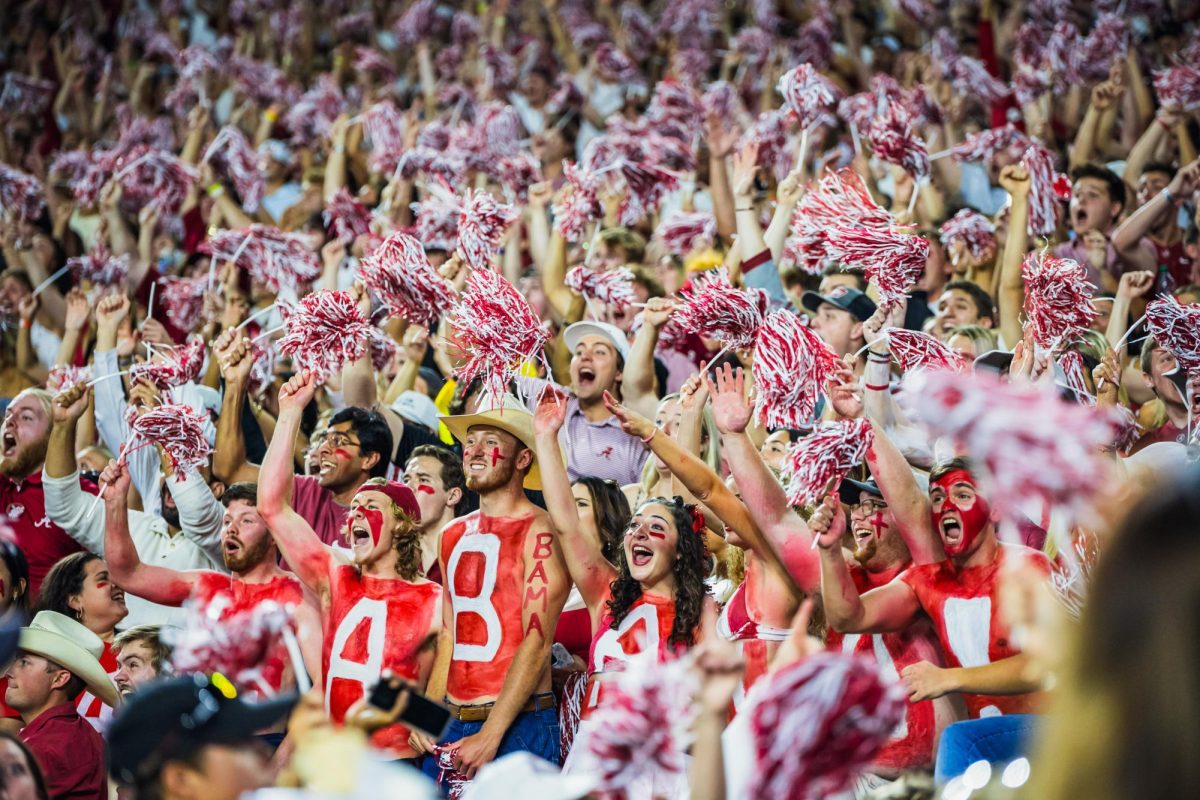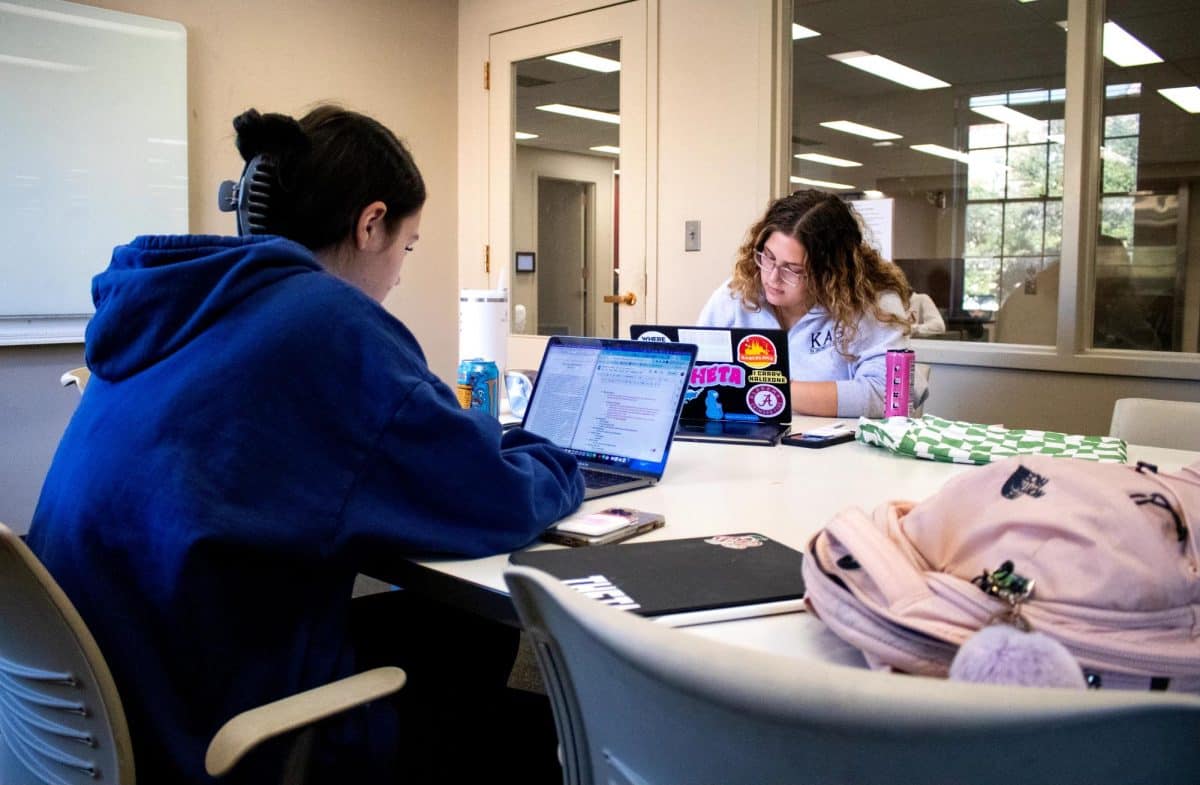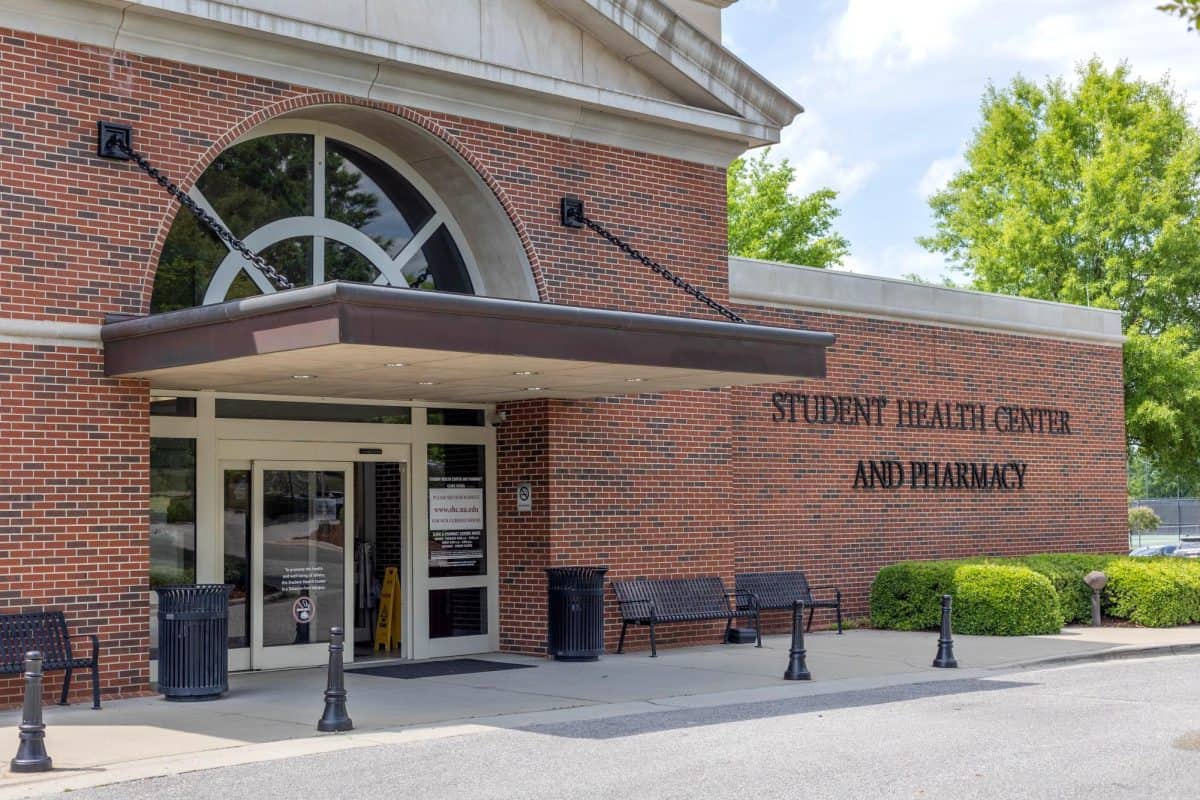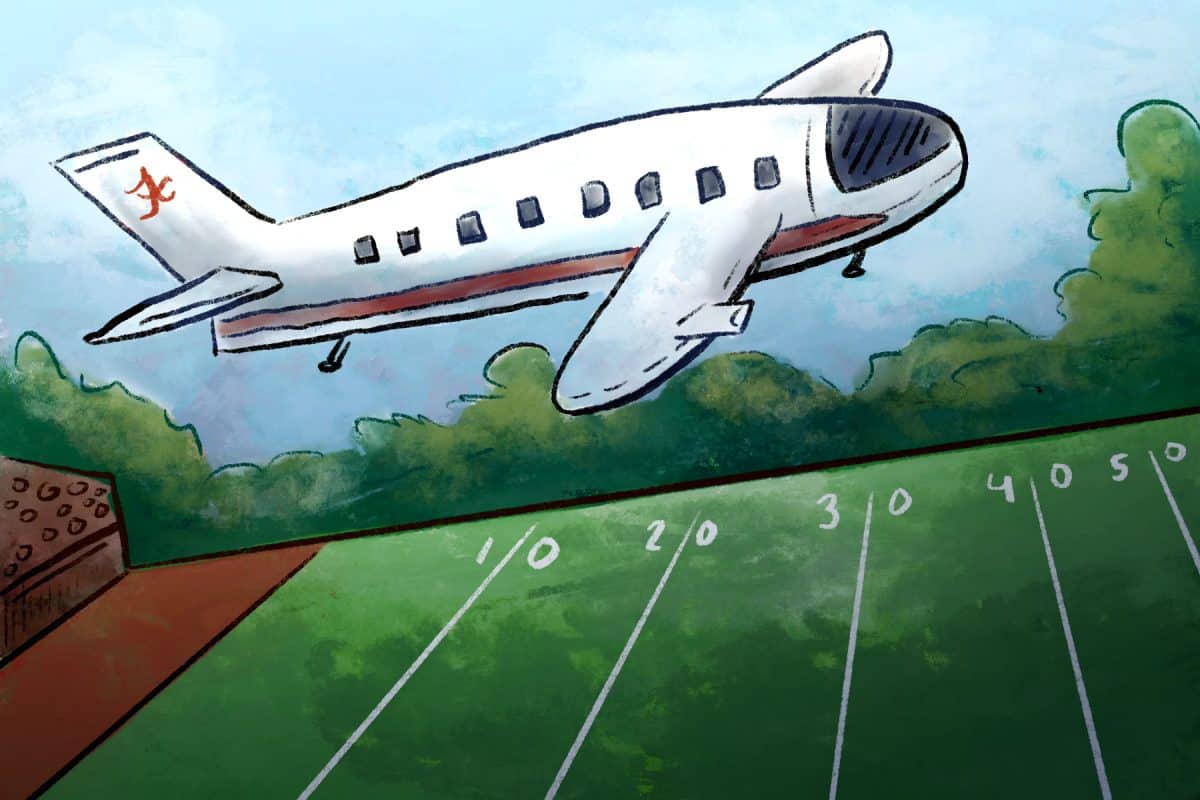I love Alabama football. For many, it comes naturally with loving The University of Alabama. For years I anticipated partaking in student game day traditions, including singing “Dixieland Delight,” a song I had grown up listening to.
Now that I am a student here, I have become a little disappointed. I have attended every home football game this season and have not enjoyed the student section nearly as much as I hoped. Many things have contributed to my disillusionment, but the thing that breaks my heart is the overwhelming use of foul language, especially in my beloved “Dixieland Delight.”
Back in 2014, “Dixieland Delight” was banned from being played at sporting events, namely football games, for this very reason, as students added lyrics that used profanities.
Greg Byrne, UA athletic director, decided to bring the song back in 2018 through the “#DixielandDelightDoneRight” campaign with the stipulation that students use the word “beat” rather than its poorer, more inappropriate replacement.
Former coach Nick Saban enjoyed the tradition himself. According to AL.com, Saban said when the song returned in 2018 that he hoped that fans would use the cleaner, traditional version.
“I hope all the people who embrace it now will be able to hold everybody accountable to do it the right way so that everybody will be able to continue [to] enjoy that tradition in the future,” Saban said.
Six years later, it appears we have abandoned the stipulation and Saban’s words, as foul language persists in the song. What caused the removal of the song in 2014 happens at every game now without punishment. Many students may ask, “What’s the harm?” when, in reality, this foul language has a huge impact on what others think of us.
Many students may not consider the sheer number of other onlookers at games. At our biggest games, millions of people are watching us. Though it comes from a place of support, how does the world view Alabama when we scream the F-word at every home game?
The F-word has, as many know, a rather inappropriate, sexual meaning. Is this how we want others to view us, as students hurling inappropriate, vile insults at the opposing football team? This is very unsportsmanlike and rude.
Some students may claim, as an excuse, that the football players and athletic staff are the only ones required to represent themselves professionally. Yes, these people are the only ones mandated to be professional, but we as students represent The University of Alabama wherever we go — even more so when thousands of us join together to shout profanities at other teams.
Shortly after Dixieland Delight was brought back in 2018, Rick Karle, a journalist and news anchor, posted on X about still hearing fans insert profanities in the song.
“So much for #dixielanddelightdoneright,” the post read. “For the sake of the entire family I’ll spare you the video. #IronBowl … What now?” Comments on this post included “What now?..zip, zero, nada claim for any claim to ‘class’” and “Stay classy, Bama.”
Students might also not consider the children watching these games. I have attended Alabama football games since I was a toddler. Thousands of children are present at these games with their families. The question students need to ask themselves is, “Do we want children to hear curse words shouted out at the stadium in which some of their core memories will be made?” I would hope at least the majority of people would answer no.
“As for many people in our state, Alabama football is incredibly familial to me,” said Brad Johnson, a father of a family with two children that attends Alabama home games. “I watched national championships at my grandparent’s house. I grew up going to games with my dad. It’s about more than football. It’s about family.”
After a particular home game, the Johnsons described the stadium as one with a “nightclub atmosphere.”
“Attending games with my family has become incredibly uncomfortable with the amount of embraced and planned profanity that has become a part of the environment,” Johnson said. “For many families, they must either endure the times of planned profanity or simply just not go. Disconnecting Alabama football from family feels alien.”
In order to restore the tradition of “Dixieland Delight” in such a way every individual in the stadium can enjoy it, I suggest that those who have the power warn students with the removal of “Dixieland Delight” once again if students do not comply with the 2018 stipulation. I, just like most of the student body, hold this song near and dear to my heart. It pains me to see it polluted with pointless and careless cursing.
I encourage students to ponder the impact of what they sing during Dixieland Delight. Think about the thousands of children in Bryant-Denny Stadium every home game, the onlookers whose opinions help build our school’s reputation, and the meaning and implications of what words you choose to scream in front of 100,000 football fans.









